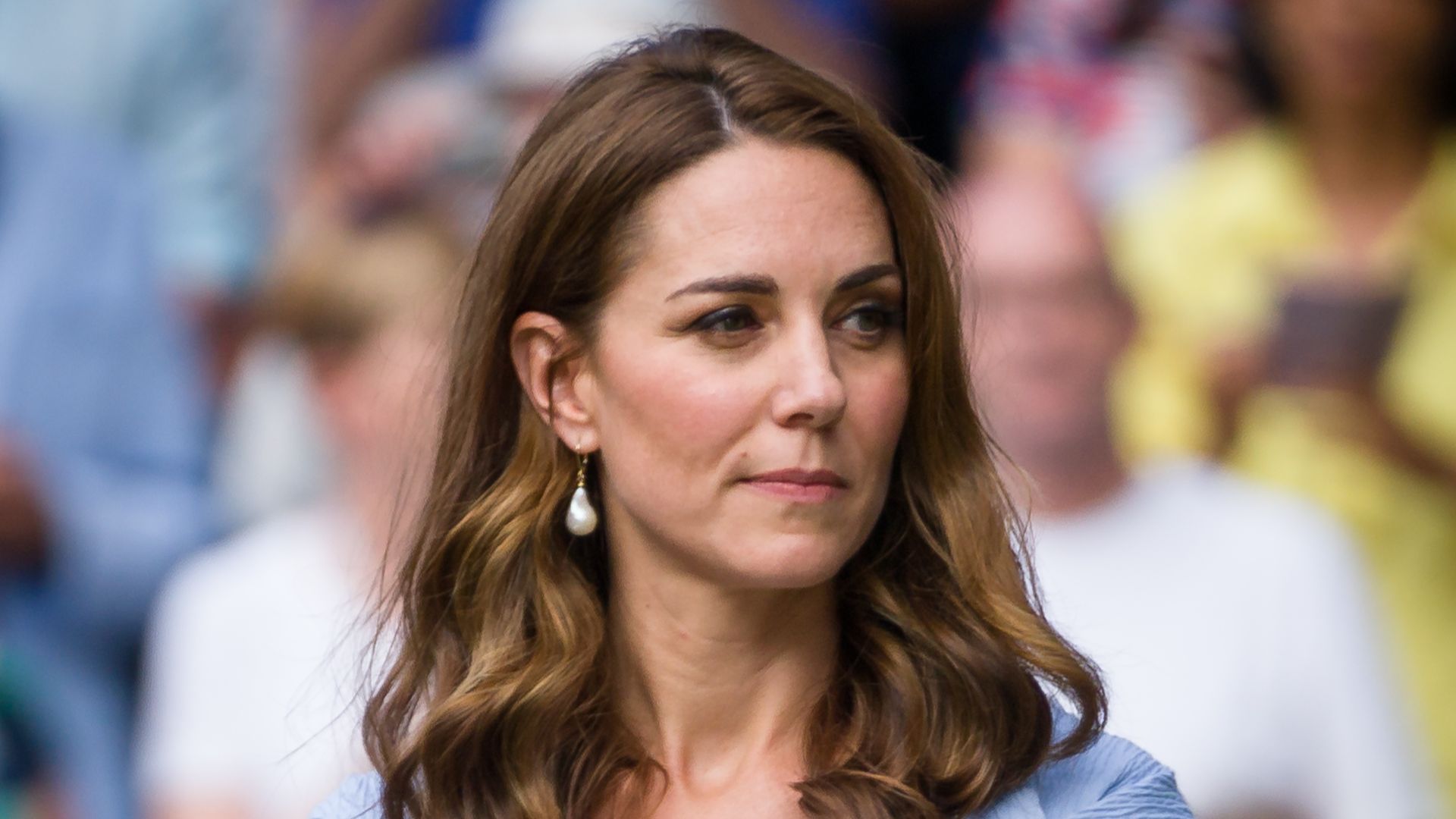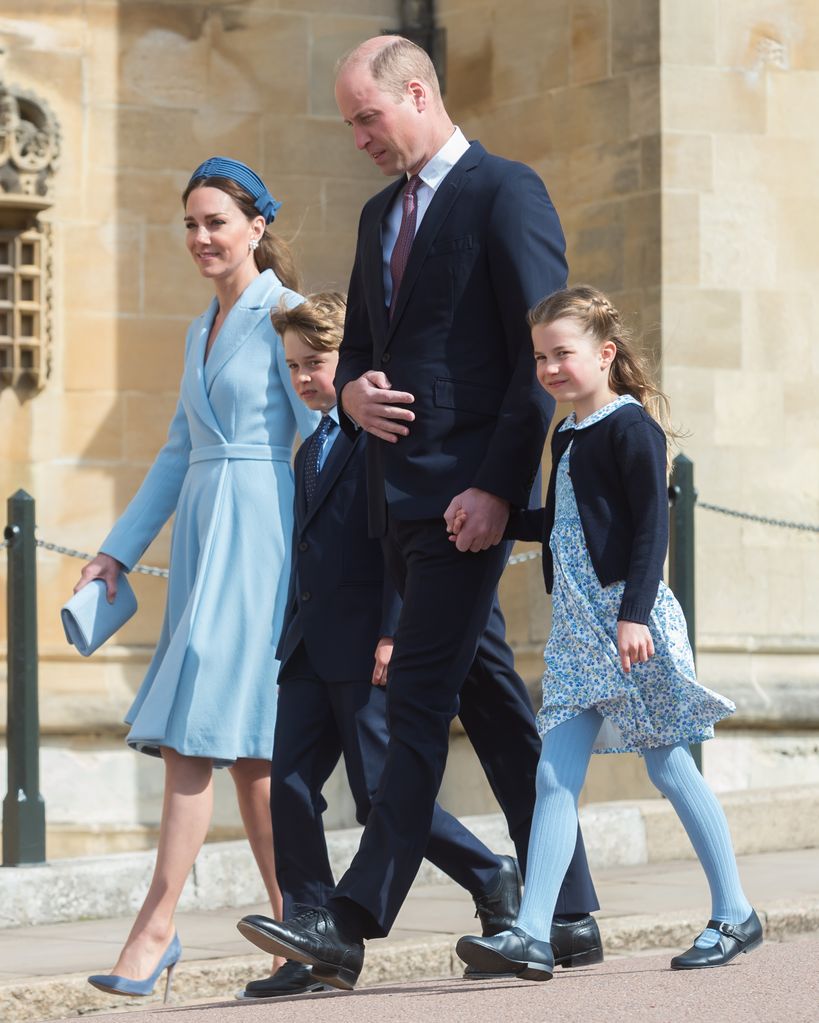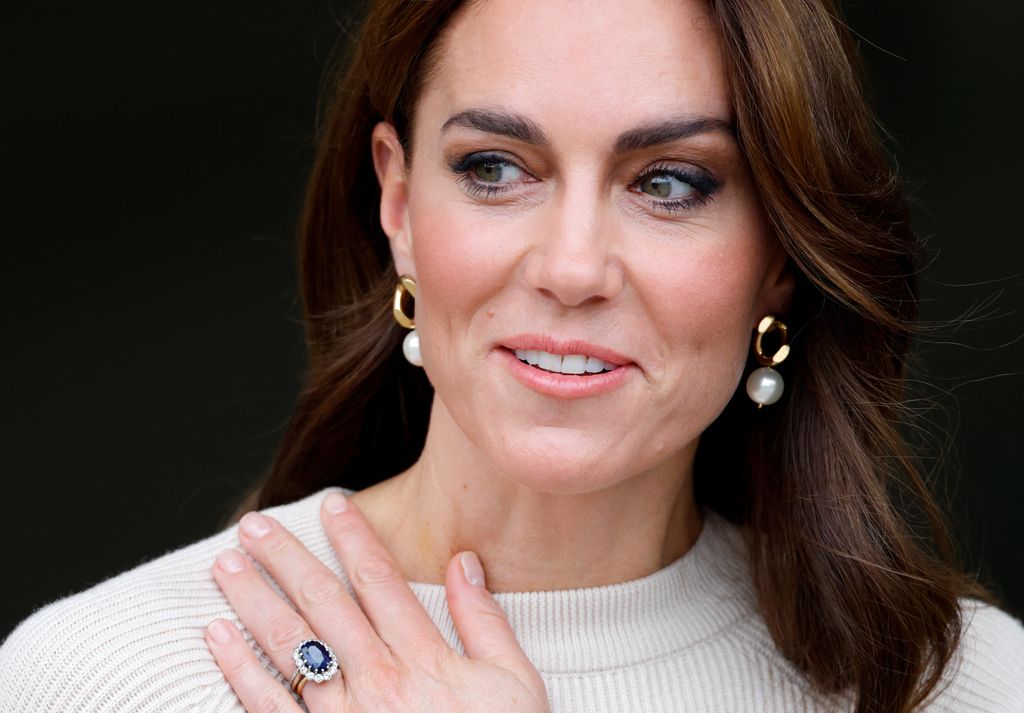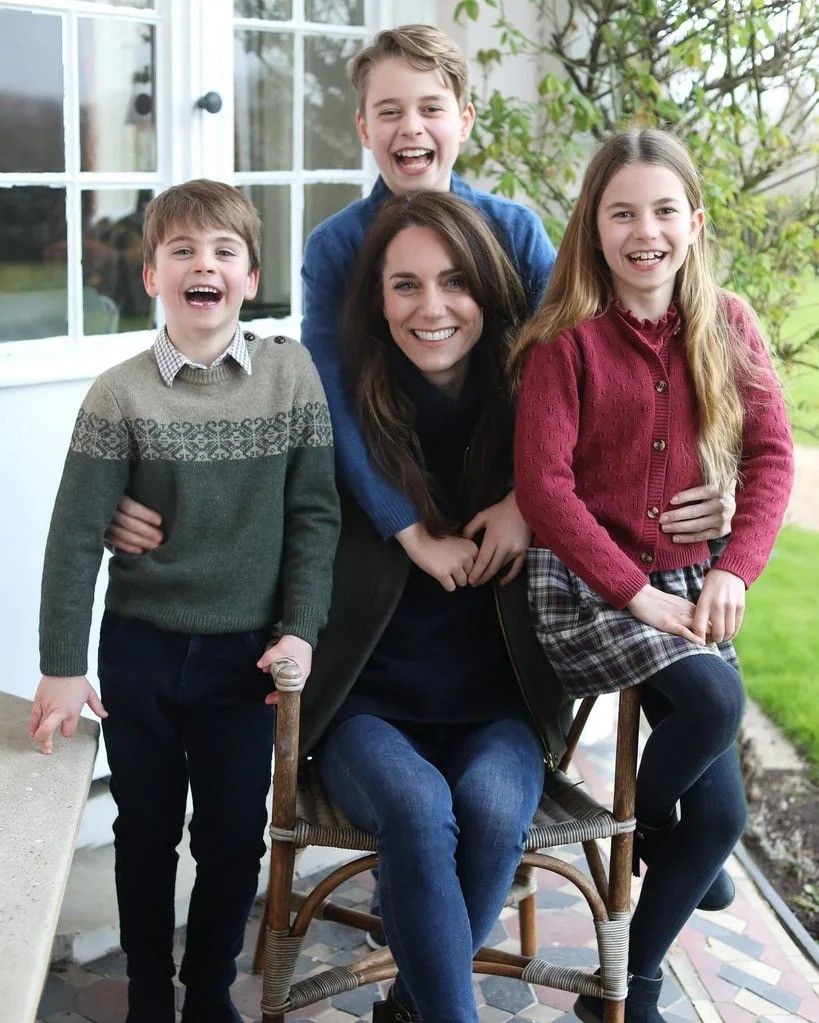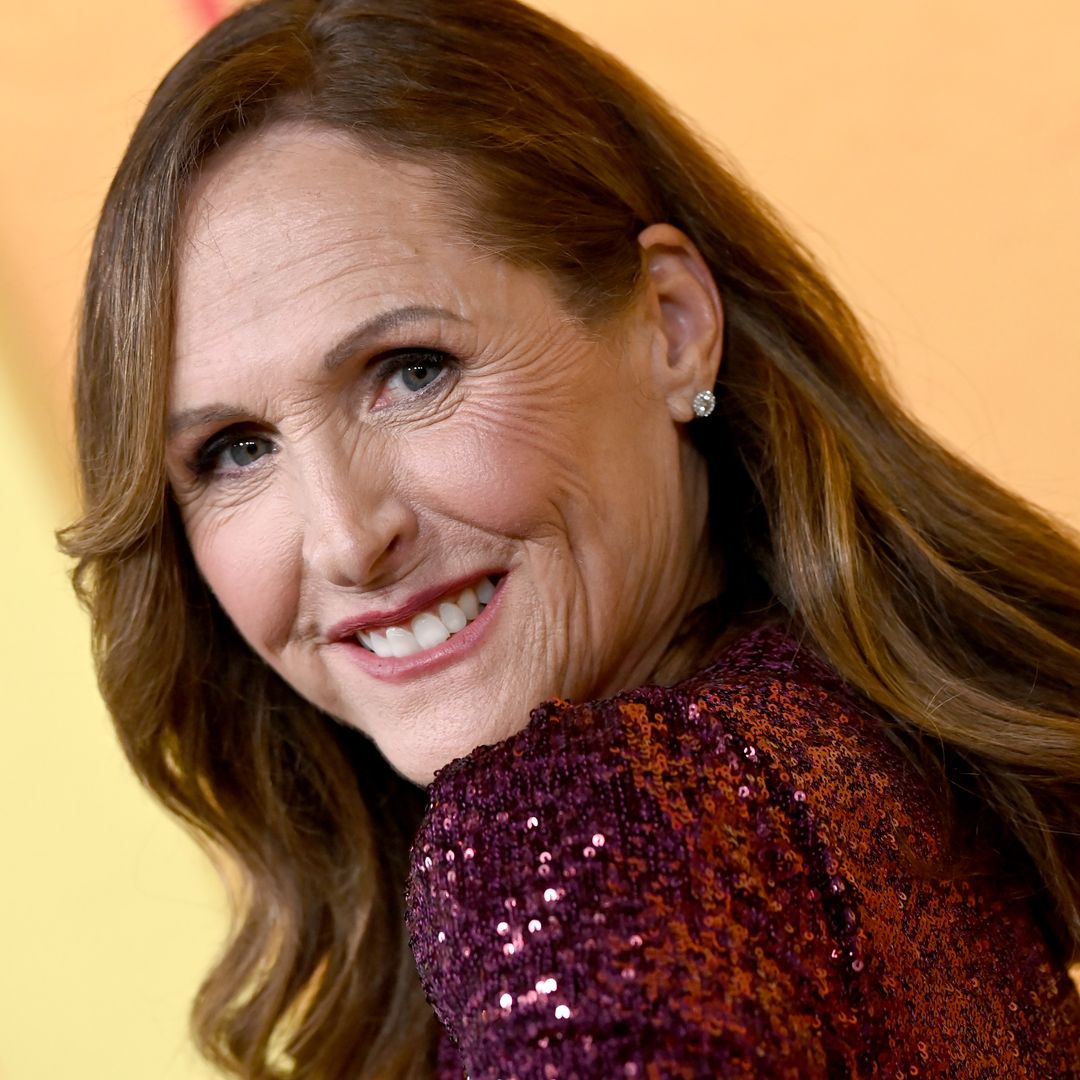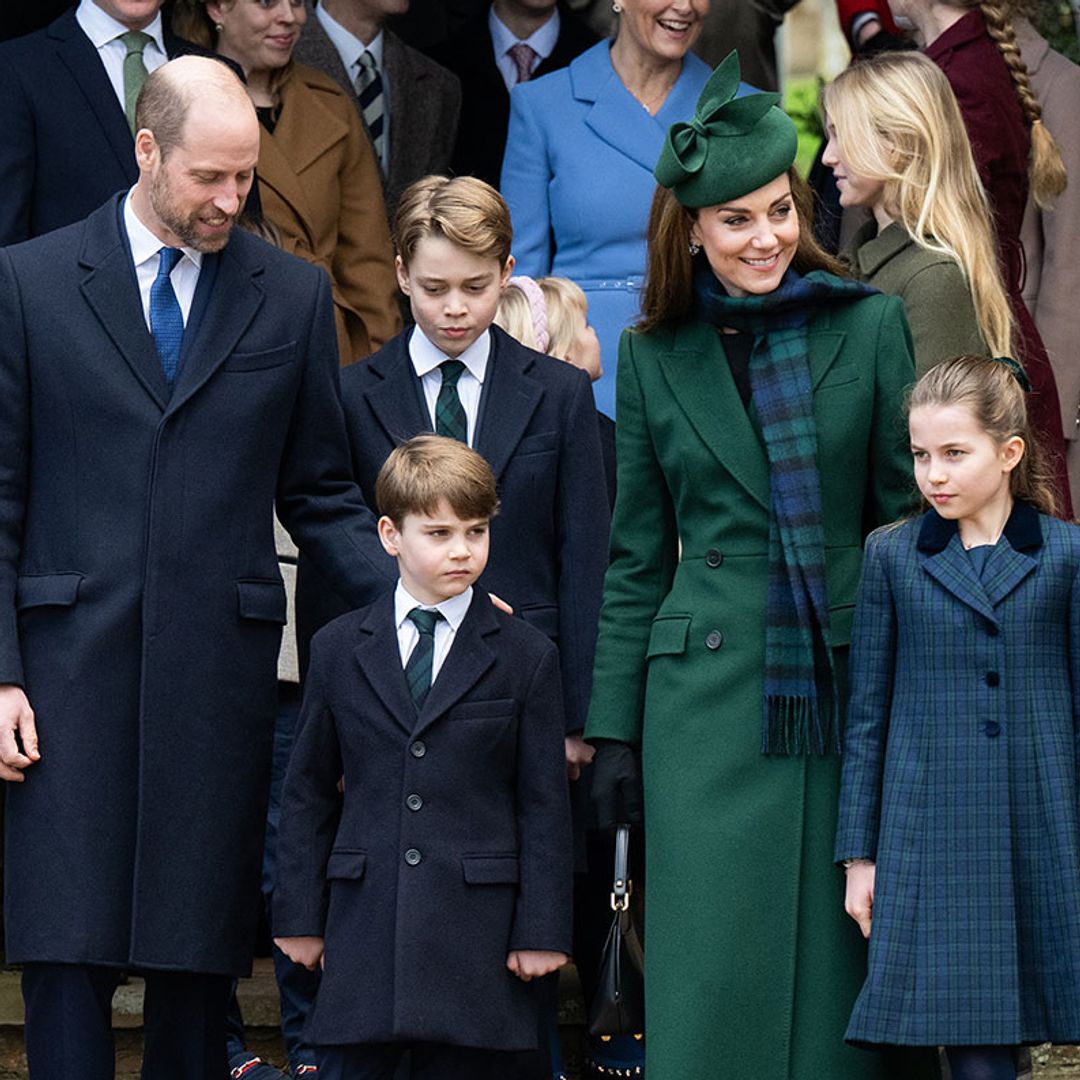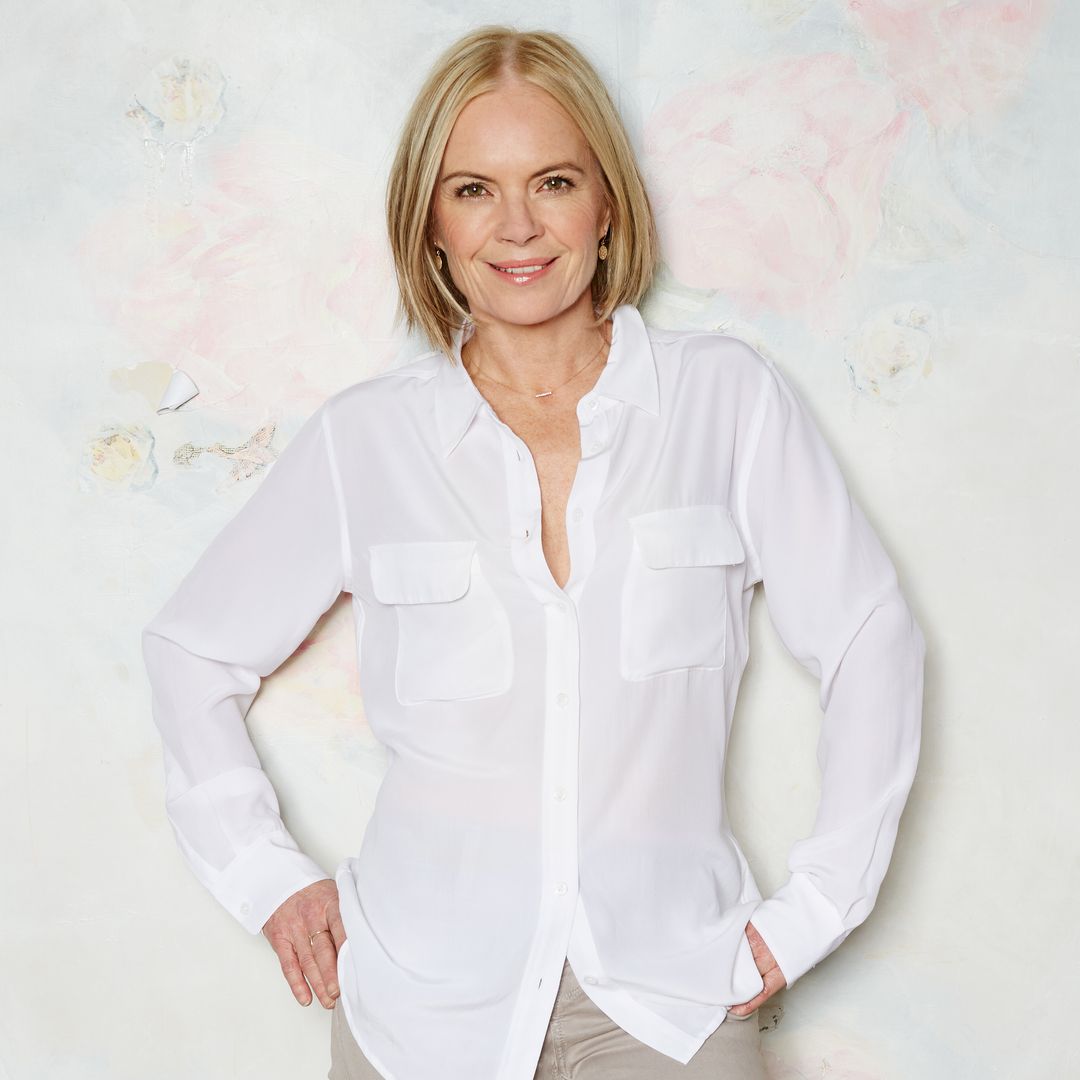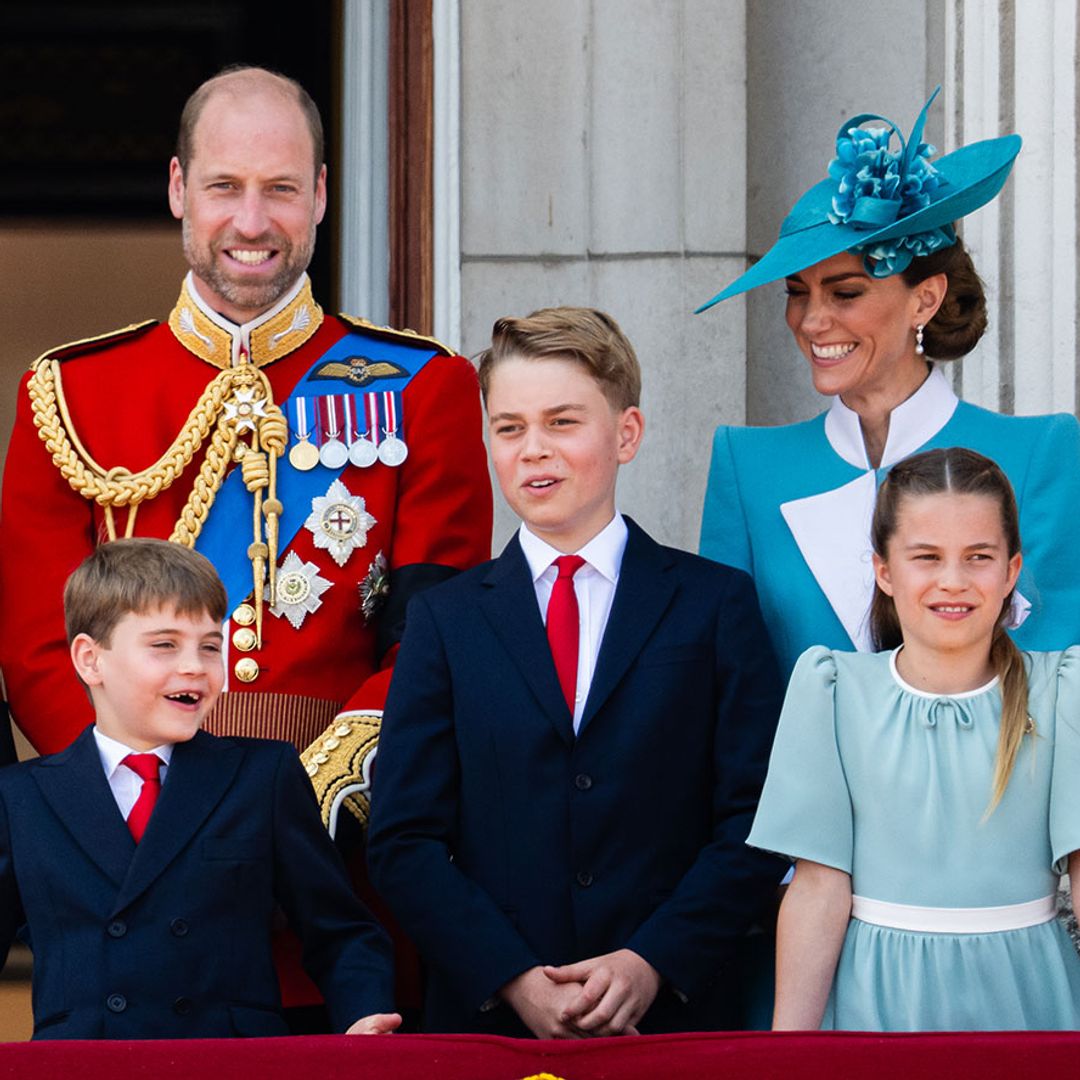The Princess of Wales' cancer diagnosis was a shock to us all, and here at HELLO!, we're wishing the royal mother-of-three well as she starts her treatment.
When the news broke, along with many other parents I imagine, I wondered if I should tell my children about it or say nothing. I have a teen and tween and we often discuss news topics at home appropriate for their age.
Hearing that Princess Kate, who at age 42 is three years younger than me, is battling cancer, would surely be a shock for them and may bring up new fears. Like many women my age, health is often on my mind and when I read about the Princess' illness, I felt it could happen to any of us.
I decided not to say anything unless they brought up the subject themselves, however, it wasn't long before my daughter said she'd heard the news from a friend.
They were tricky questions and I answered them as best I could: No, not everyone dies, and many people recover with treatment. There are lots of different types of cancer in different parts of the body, and if doctors find them early enough, they can normally be treated.
I hope what I said was OK – I hadn't been prepared for the questions. I probably should have been.
So, what should we be telling our children about cancer?
I asked Fiona Yassin, family psychotherapist, and founder and clinical director of The Wave Clinic, for advice.
Fiona told me: "As parents, we want to protect our children from difficult situations, but being protective of children doesn’t mean hiding information from them. In fact, sugar-coating a difficult situation or being dishonest usually backfires because the little professor in a child will eventually uncover the facts, which can make for a bigger problem to manage overall.
"It’s likely children will hear different opinions, viewpoints and versions of what’s happening from classmates at school. When a child doesn’t understand something, they tend to fill in the gaps themselves, which can lead to building an inaccurate narrative of events and confusion. It’s our role as parents to help guide them with the facts and to do this in an age-appropriate way."
Fiona adds: “Age-appropriate honesty is incredibly important for children. In this case, age-appropriate means using language and words your child will understand and keeping sentences short and simple.
"Stick to the facts and keep your language as neutral as possible. Avoid using inflammatory language, such as 'attack' and 'poison' when talking to children about cancer - this may cause or exacerbate existing anxiety."
"If your child asks you about cancer or shares big fears with you about the illness, it’s really important you do not shut down the conversation and avoid being reactionary and emotive. Reacting in this way may exacerbate any anxiety they already have about the illness and could lead them to withdraw.
"The aim is to hold a safe space for your child to explore the topic. It’s really important to allow plenty of time for questions after your conversation. Tell them you are available and open for questions if they have something to ask at a later date and that you can explain it in a different way if they don’t understand and need clarity.
“Check they understand what you’ve told them by asking your child to replay what they’ve heard back to you. If you have a younger child, you could ask them to draw what they think they’ve heard."
Fiona acknowledges that talking about cancer to children can be difficult and parents may not feel prepared.
She says: "Cancer can be incredibly complex and everyone’s experience of the illness is different. You do not have to have all of the answers at hand. Be honest with your child if you do not know something and agree to come back to them when you’ve educated yourself.
“Charities and organisations, such as Macmillan Cancer Support and Cancer Research UK, have fantastic resources readily available, which you can use to prepare yourself for the conversation with your child. Depending on their age, you may find picture books, graphics or videos helpful in explaining what cancer is, how it impacts the body and how it can be treated.
“Young children - those under 10 - may worry about things like catching cancer or their parents dying from cancer. It’s important to bring clarity to any worries your child may have - for example, you may need to explain that you cannot 'catch' cancer like you can a cold.
"Teenagers may seek answers to their questions about cancer online. There is a lot of misinformation on the internet so it’s important to guide them towards reliable and trustworthy news sources, and perhaps work through the information with them."
Psychotherapists Helen Villiers and Katie McKenna, reveal: "It can sometimes be challenging for parents to be able to differentiate between their own feelings and those of the child, especially when emotions run high.
"When children hear on the news that Princess Kate has cancer that may bring up curiosity or fear within the child. Here are some strategies to help if your child is asking you some difficult questions…"
How to respond to difficult questions
Self-reflection
Take a moment to check in with yourself to identify your own emotions. If you notice strong emotions arising in yourself, it’s essential to acknowledge them and address them separately from your child’s emotion.
Centre the child
Keep it simple, use child friendly language, but do not dumb it down. Don’t underestimate their intelligence or comprehension. Speak to the child at their level of understanding.
Answer the question in front of you; and not to over explain. Also turning the question around and asking the child what they think is going on will help the parent understand the child’s world view of the situation.
Reflective listening
Repeat back what your child is saying to you, to ensure you’ve accurately understood your child’s emotions e.g. “It sounds like you’re really scared something might happen Mummy or Daddy, is that right?”
Open communication
Encourage your child to share what they're experiencing and validate their emotions. Creating a non-judgemental space where your child can express their feelings will be essential for their emotional safety.
Be honest and clear with your own answers and however tempting it may be, refrain from making false promises about survival, instead, offer realistic reassurance to the child; that if you (the parent) becomes unwell that the doctors will give you medicine and do everything in their power to make you feel better.
Be honest when your child asks about death and say that, "yes sometimes people do die from cancer but the doctors do everything they can to prevent that from happening."
Practice self-care
When stressed, many parents neglect their own well-being and this is counter intuitive. Taking care of your physical and emotional well-being can help you approach your child’s emotions and dysregulation with greater clarity and resilience.
Psychotherapists Katie McKenna and Helen Villiers are co-authors of ‘You’re Not The Problem’ a guide on how emotional abuse impacts the lives and relationships of families and how to heal. Available to preorder now https://insightpodcast.com/
